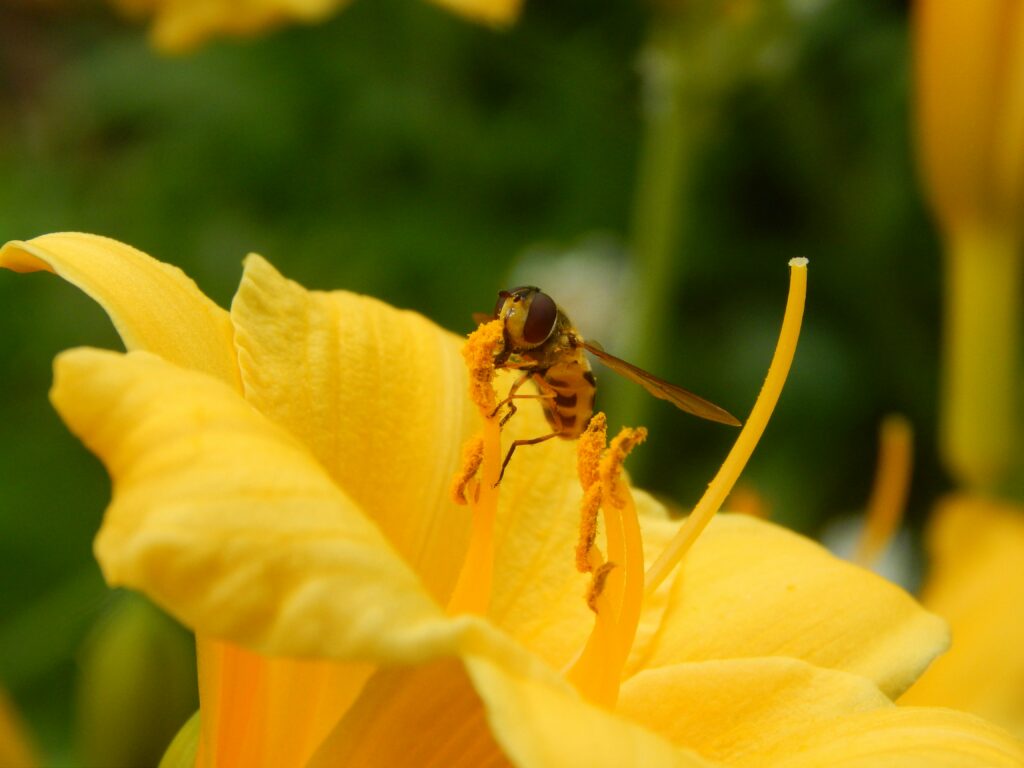Written by Frances Smith, patient access specialist
Welcome back to our series on navigating allergies and gut health! Previously, we discussed what lies at the root of allergies and some of its common causes. In this second installment, we’ll dive into four practical solutions to nurture your gut health and combat allergies as we continue to move into the spring and summer months. These solutions are as follows:
Dietary Strategies

- Focus on Whole Foods: Incorporate plenty of fruits, vegetables, whole grains, and lean proteins into your diet. These foods provide essential nutrients and fiber that nourish beneficial gut bacteria.
- Include Fermented Foods: Fermented foods like yogurt, kefir, sauerkraut, and kimchi contain probiotics that can help restore gut balance. Aim to include a serving of fermented foods in your daily meals.
- Embrace Fiber: Fiber-rich foods promote the growth of beneficial bacteria in the gut. Include sources of both soluble and insoluble fiber in your diet, such as oats, beans, flaxseeds, fruits, vegetables, and whole grains.
Lifestyle Tools

- Manage Stress: Chronic stress can negatively impact gut health and exacerbate allergy symptoms. Practice stress-reducing techniques such as meditation, deep breathing exercises, yoga, or spending time in nature.
- Stay Active: Regular physical activity supports overall health, including gut function and immune system regulation. Aim for at least 30 minutes of moderate exercise most days of the week.
- Prioritize Sleep: Quality sleep is essential for optimal immune function and gut health. Aim for 7-9 hours of sleep per night and establish a relaxing bedtime routine to promote restful sleep.
Natural Remedies

- Probiotic Supplements: Consider taking a high-quality probiotic supplement to support gut health, especially if you’ve recently taken antibiotics or struggle with digestive issues. Look for supplements containing strains like Lactobacillus and Bifidobacterium.
- Herbal Support: Certain herbs and botanicals have anti-inflammatory and immune-modulating properties that may help alleviate allergy symptoms. Examples include stinging nettle, quercetin, butterbur, and turmeric. Consult with a healthcare provider before adding herbal supplements to your regimen.
- Local Honey/Pollen: While scientific evidence is limited, some people find relief from allergies by consuming locally sourced honey and a more recent wellness trend, bee pollen. The theory is that exposure to small amounts of local pollen and honey may help desensitize the immune system. Enjoy a spoonful of local honey or 3-5 teaspoons of pollen daily as a potentially beneficial addition to your diet.
Environmental Considerations

- Limit Exposure to Allergens: Minimize exposure to common allergens such as pollen, dust mites, and pet dander by keeping windows closed during peak pollen seasons, using air purifiers in your home, all-natural beeswax candles, and regularly cleaning and vacuuming your living spaces.
- Monitor Pollen Counts: Stay informed about pollen counts in your area and plan outdoor activities accordingly. Consider wearing sunglasses and a hat when spending time outdoors to protect your eyes and face from pollen.
Nurture Your Gut Health
By implementing these dietary and lifestyle strategies, along with incorporating natural remedies and being mindful of environmental factors, you can take proactive steps to nurture your gut health and minimize the impact of allergies during the spring and summer months.
If you are interested in learning more about Infusion Associates or the IV treatments we offer, you can contact us by calling us at (833) 394-0600 or filling out our online form.

